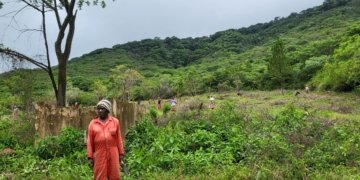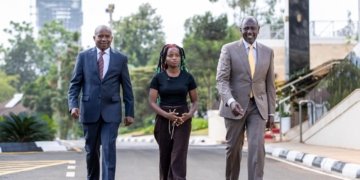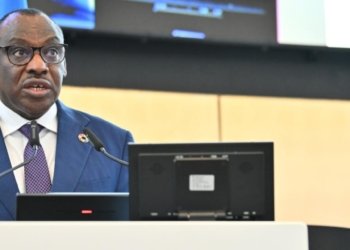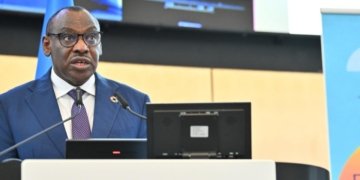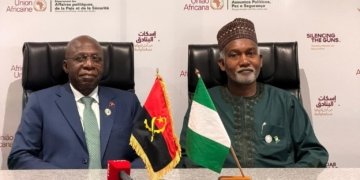DOUALA, Cameroon (BG) – United Nations Secretary-General António Guterres issued a stark call for climate justice on Sunday, urging the global community, particularly the G20 nations, to take stronger climate action.
“Africa is causing minimal emissions, yet climate change is pummeling the continent,” Guterres said in a tweet, highlighting the disproportionate impact of climate change on Africa.
The UN chief urged countries to submit new national climate action plans by next year, aligning them to limit global temperature rise to 1.5°C above pre-industrial levels.
This threshold, set in the Paris Agreement, is essential to avoid catastrophic impacts such as more frequent extreme weather events and irreversible ecosystem damage, according to the United Nations Climate Change framework.
“Africa accounts for the smallest share of global greenhouse gas emissions, at just 3.8%, in contrast to 23% in China, 19% in the US, and 13% in the European Union,” according to Carbon Disclosure Project (CDP). Yet Africa faces some of the most severe climate impacts, including droughts, floods, and displacement.
CDP is a not-for-profit charity that runs the global disclosure system for investors, companies, cities, states and regions to manage their environmental impacts.
Lead the Way
“The G20 – as the biggest emitters – must lead the way,” Guterres said, calling on these nations, responsible for nearly 80% of global emissions, to cut greenhouse gases.
Their commitment is critical to achieving global climate targets and preventing worsening climate disasters.
Despite its limited role in causing climate change, Africa is making strides in addressing its impacts.
Initiatives such as the Great Green Wall and increased investments in renewable energy showcase the continent’s commitment to resilience and sustainability.
According to the United Nations Convention to Combat Desertification (UNCCD), these projects are pivotal for restoring degraded lands and bolstering food security.
At COP29 in Baku, Azerbaijan, in November 2024, promises were made to increase climate financing.
The United Nations Environment Programme (UNEP) emphasized the importance of delivering on these commitments.
According to UNEP, developed countries pledged to raise $300 billion annually for developing countries by 2035, aiming to mobilize $1.3 trillion annually by 2035.
By emphasizing Africa’s uniqueness and the need for global solidarity, Guterres’ remarks are a powerful reminder of the collective action required to tackle the climate crisis and meet the 1.5°C target.

